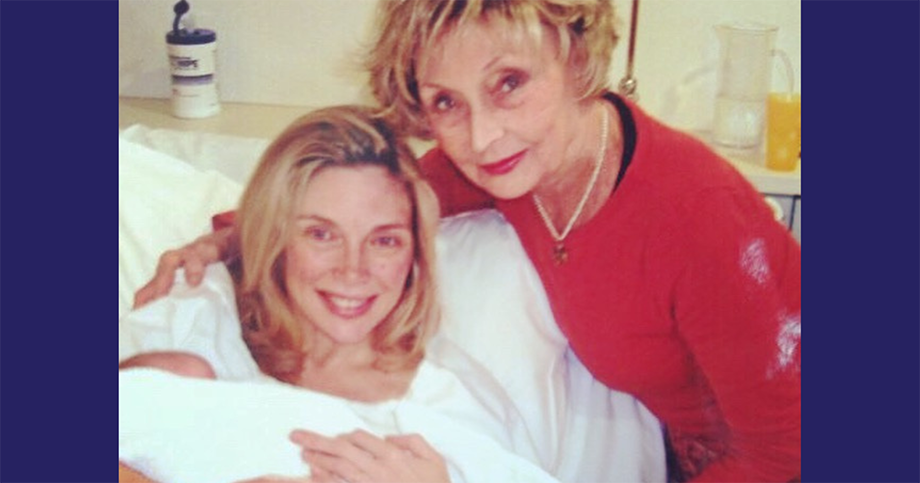
During National Advance Care Planning Week 2023, Advance Care Planning Advocate Kellie Curtain is urging Australians to have their advance care planning documents in place for both themselves and their families.
The Advance Care Planning Australia Ambassador and producer/host of the Breast Cancer Australia Network’s Upfront Podcast series knows the importance of honest and open discussions - because she’s had them. The conversations she had with her mother in the weeks before she died of breast cancer in 2010 formed an invaluable blueprint for her mother’s care.
Alarmingly, only 14 per cent of older people have an advance care directive and half of Australians are not able to make end-of-life medical decisions.
If you found yourself suddenly too ill to make treatment decisions, who would make those decisions on your behalf - and would they know what you wanted?
Ms Curtain said an advance care plan allowed a person to control the narrative and to take time to really consider what was important to them and their loved ones. She explained that having conversations about the final stages of her mother's life and death wasn't about giving up hope, rather, it was about planning for the inevitable.
“There were a lot of things that she could not have cared less about, but I didn't want to get it wrong or live wondering if I'd got it right, so I asked, she answered, and I wrote it down,” she said.
“I am forever grateful that I did because, in the heightened emotions, I would have forgotten. I knew she wanted to die at home, she told me she didn’t want visitors and said she didn’t want ‘Wind Beneath My Wings’ played at her funeral.
“Those conversations that we had over cups of tea and glasses of wine were at times awkward; they were sad and confronting but there were a lot of laughs too. They led to countless opportunities to learn more about my mum and to say, ‘I love you’.”
Ms Curtain, a mother of four, explained that taking charge of your advance care plan, or having the conversation, was an act of love. “We rarely worry about things that make us uncomfortable if it protects the ones we love. An advance care plan or a conversation will do that. The reality is, not talking about the final stages of life and death won't stop it from happening. What it will do is leave those you love most with the heavy burden of big decisions and fear of making the wrong ones.”
Advance Care Planning Australia Program Director Xanthe Sansome said, “In light of our experience of the COVID-19 pandemic and the low number of Australians with advance care plans, it has never been more important for Australians to have tough but important end-of-life conversations.
“Through the pandemic, we have been confronted with the reality that all of us could become critically ill at any time. Advance care planning is not something any of us should delay any longer.”
The time is now to talk about what matters most to you
National Advance Care Planning Week is the perfect time to talk to those closest to you about what is most important to you in your future health care. Write an advance care directive that can become a powerful statement about who you are, how you want to live and die, and what you value most about living.
For free advice call the National Advance Care Planning Support Service on 1300 208 582 from 9am - 5pm (AEST/AEDT) Monday to Friday or visit acpweek.org.au to access more information. You can also find face to face awareness raising events and online webinars available Australia-wide during National Advance Care Planning Week.
Kellie’s book ‘What will I wear to your funeral?’ is a memoir of love, laughter, letting go and finding the ‘good’ in saying goodbye.
See also: